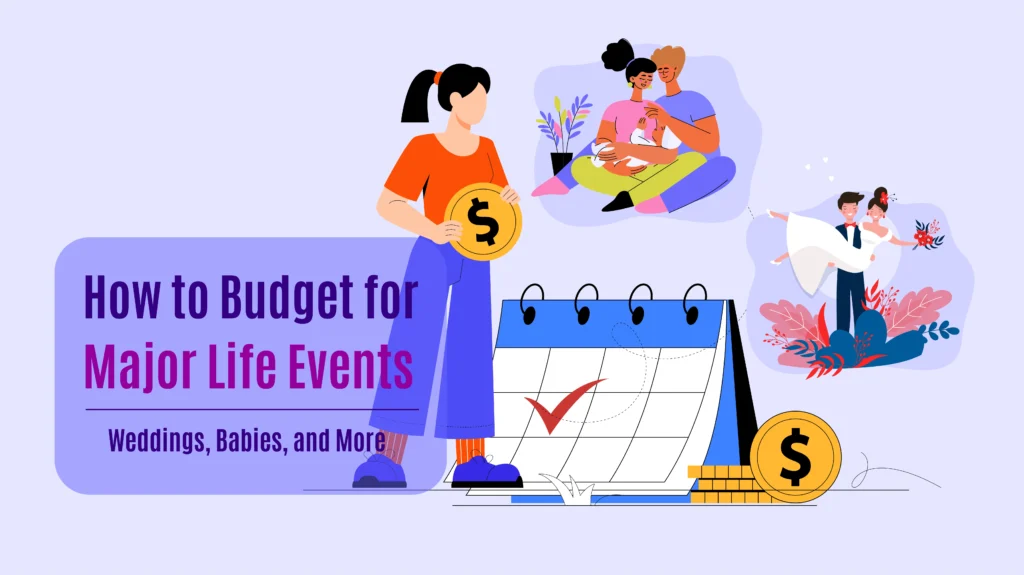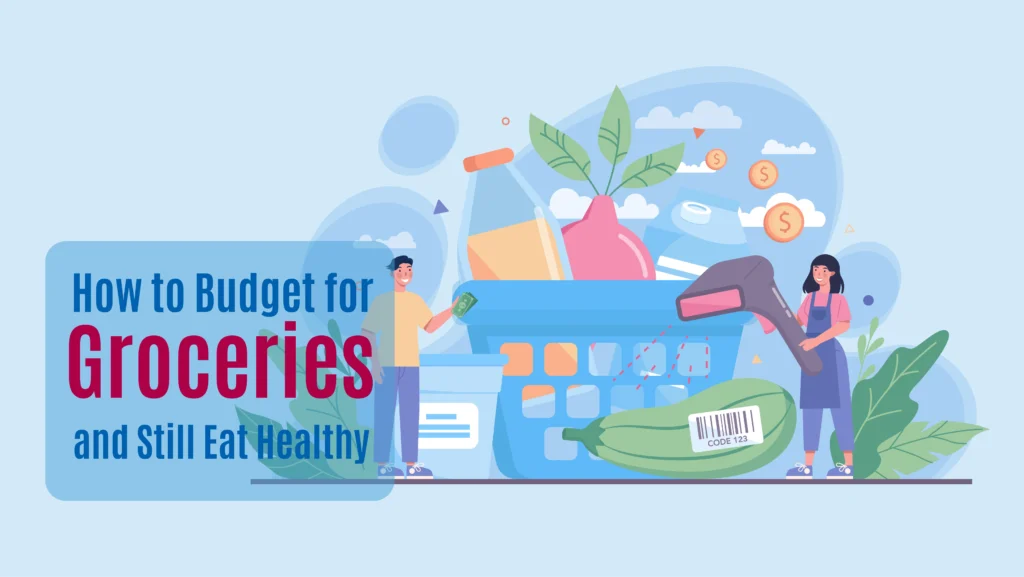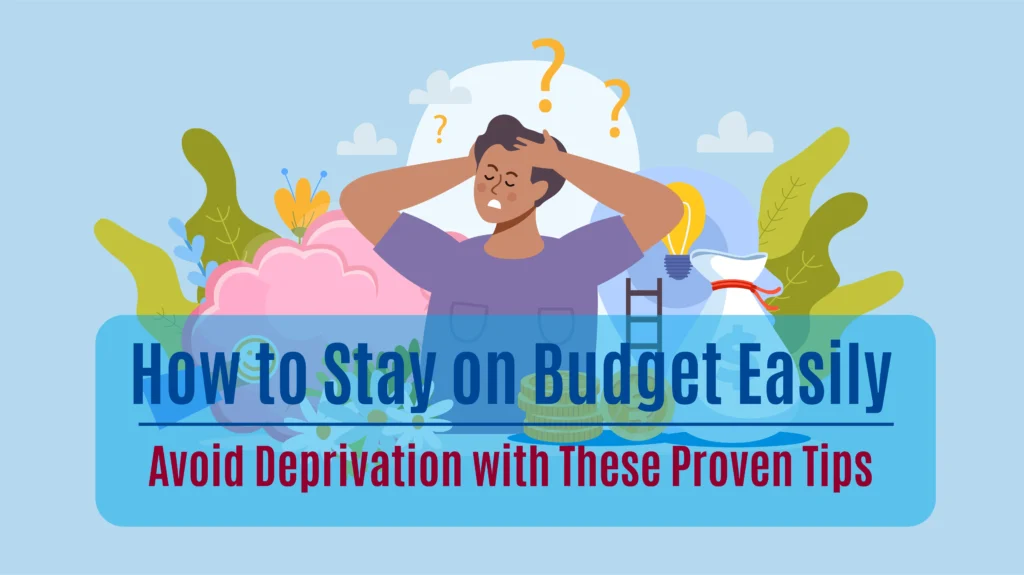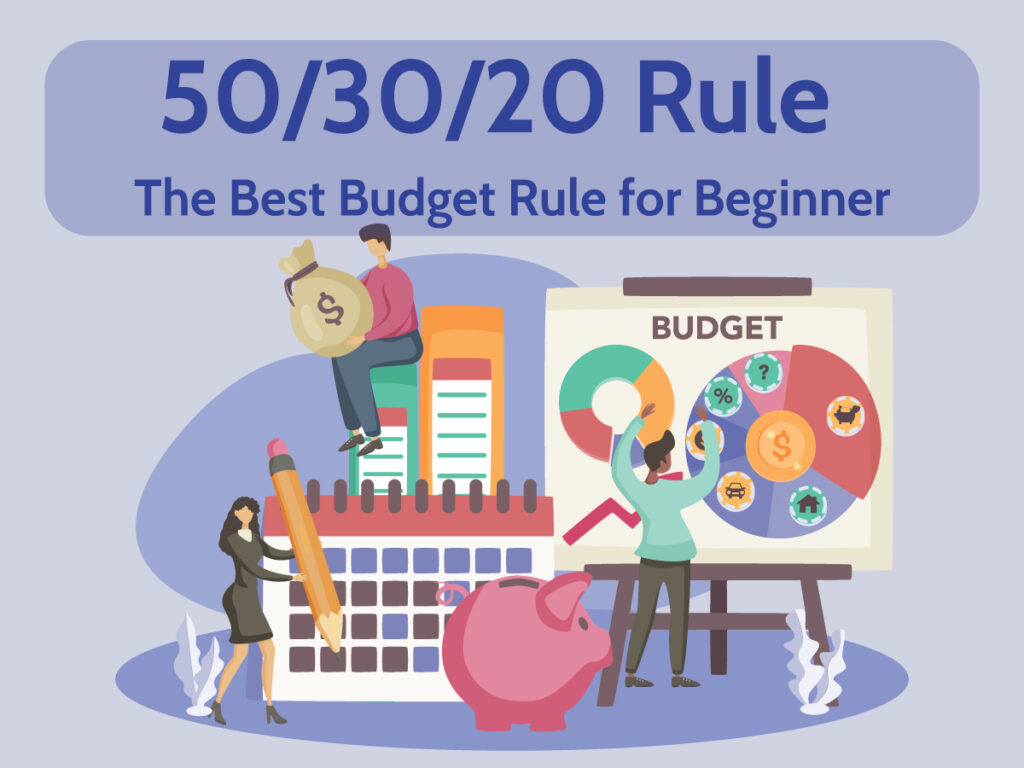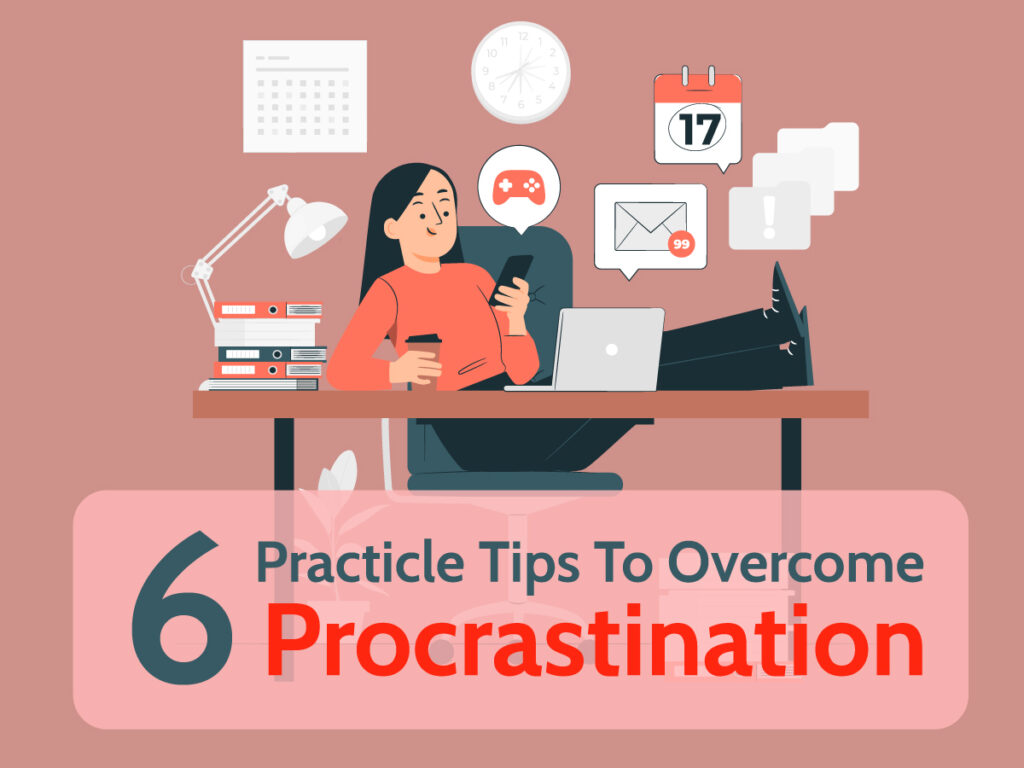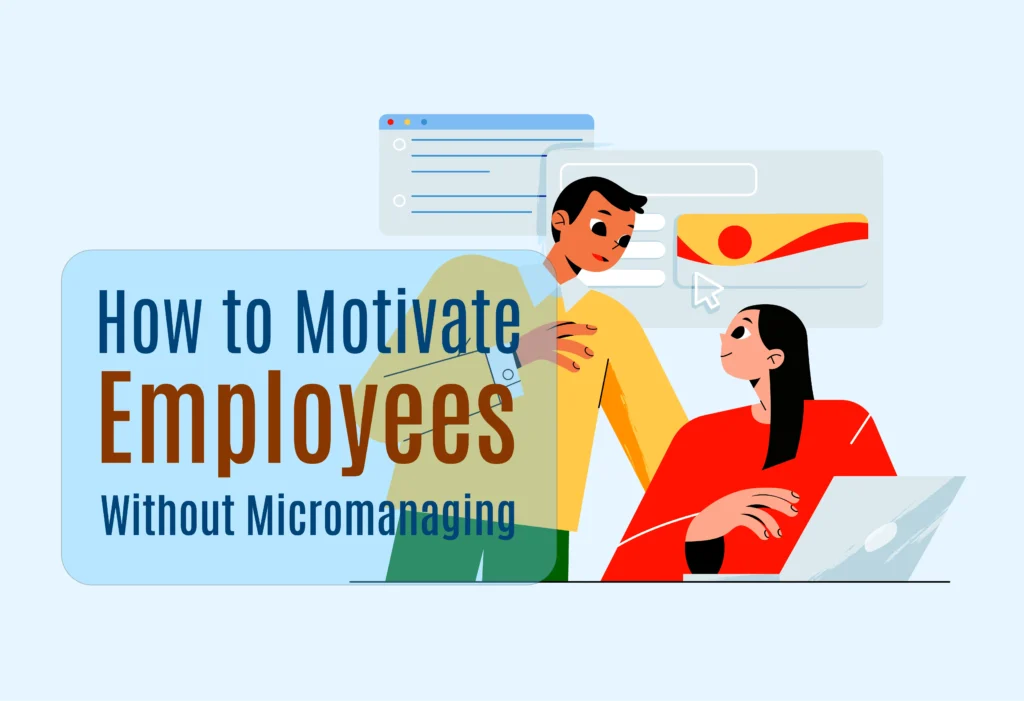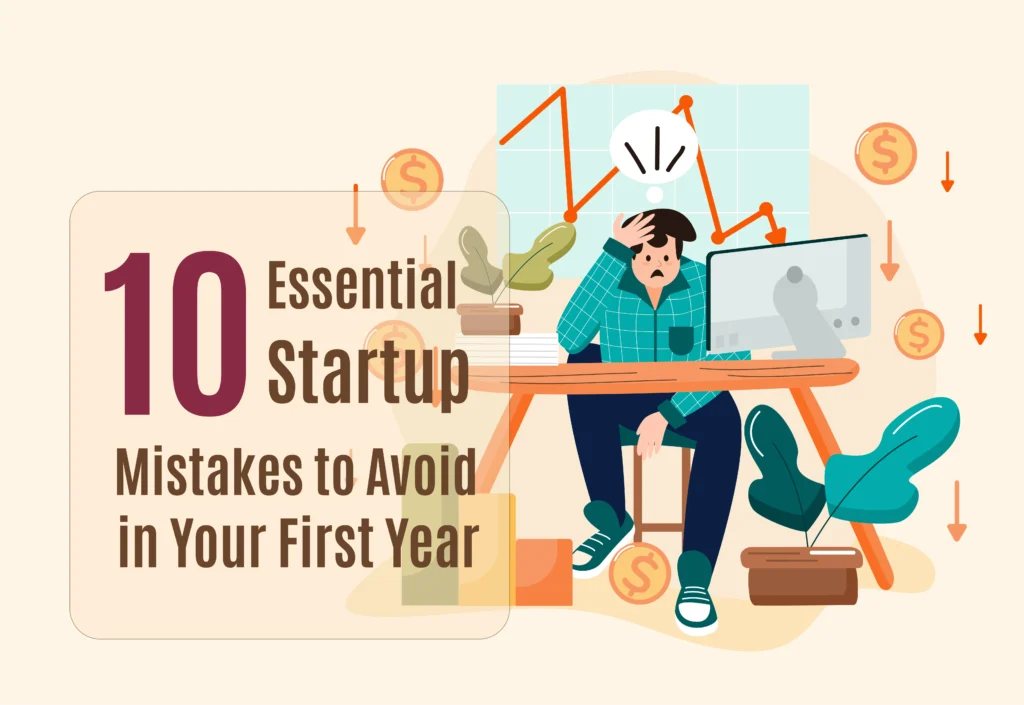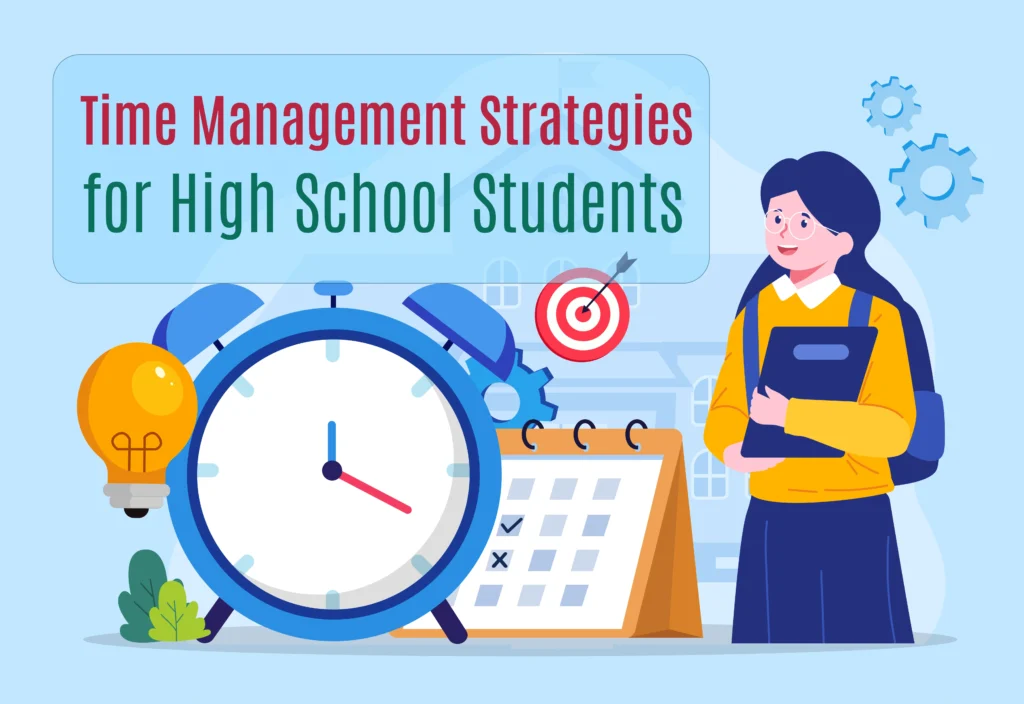First Apartment Budgeting Guide: How to Manage Expense Smartly
Moving into your first apartment is an exciting milestone, but it also comes with a new set of financial responsibilities. Without a proper plan, it’s easy to feel overwhelmed by the sudden influx of expenses. That’s where a solid first apartment budgeting strategy becomes crucial. In this guide, we’ll show you how to manage your expenses smartly, ensuring you enjoy your new space without the stress of financial strain. Ready to take control of your budget and make your first apartment a success? Let’s dive in!
Budgeting for your first apartment ensures that you not only afford the rent but also handle all the associated costs of living independently. From upfront fees to monthly expenses and unexpected costs, this guide will walk you through everything you need to know to budget for your first apartment and maintain financial stability.
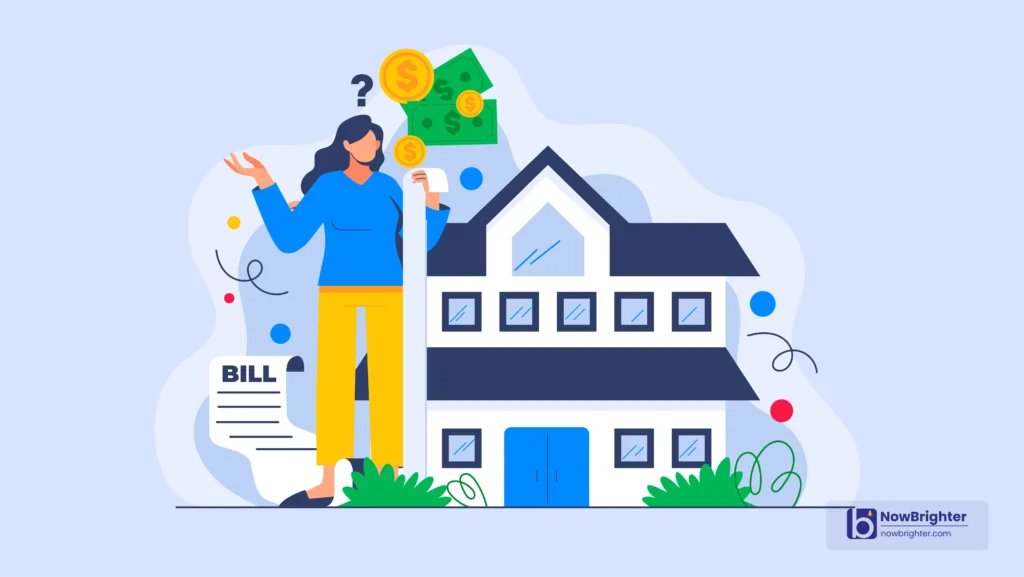
Understanding the True Cost of Renting an Apartment
While the idea of renting your first apartment is thrilling, it’s important to recognize that there’s more to the cost than just rent. The expenses of moving and getting settled in can catch first-time renters off guard, so it’s crucial to be prepared for all the upfront costs.
Upfront Costs
- Security Deposit:
Most landlords require a security deposit, typically equivalent to one or two months of rent. This deposit is held as protection in case of damage to the apartment or unpaid rent at the end of your lease. While the security deposit is usually refundable if the apartment is left in good condition, it’s still an initial cost you need to factor in. - First and Last Month’s Rent:
Many leases require the first and last month’s rent upfront when you sign the lease. This means that, in addition to the security deposit, you may need to pay two months of rent right away. For example, if your rent is $1,200 per month, you may need to pay $3,600 upfront for the first and last month’s rent plus the security deposit. - Application Fees and Credit Checks:
When applying for an apartment, landlords often charge application fees to cover the cost of running background and credit checks. These fees vary but typically range from $30 to $100 per application. Even though this is a relatively small expense, it’s important to consider, especially if you’re applying for multiple apartments. - Moving Costs:
Moving into your first apartment involves expenses for transporting your belongings. If you’re renting a truck or hiring movers, the costs can add up quickly. Even if you’re doing it yourself, you may need to buy packing supplies like boxes, tape, and bubble wrap. Moving costs can range from $100 for a DIY move to several thousand dollars if you’re hiring professionals for a long-distance move.
By understanding these upfront costs, you can plan ahead and ensure that you have enough savings to cover them without putting yourself in financial jeopardy right from the start.
Monthly Recurring Expenses
Once you’ve moved into your apartment, your budgeting focus shifts to monthly expenses. Beyond rent, there are several recurring costs that come with renting your first place.
Rent Payments
The most significant portion of your budget will go toward rent. A general rule of thumb is that your rent should not exceed 30% of your monthly income. For example, if you earn $3,500 per month, your rent should be around $1,050 or less to stay within a comfortable budget range. However, the cost of rent can vary greatly depending on the city, neighborhood, apartment size, and amenities offered.
To ensure you don’t overspend, make a list of apartments within your price range and stick to your budget, even if a slightly more expensive place looks more appealing.
Utilities
Some utilities may be included in your rent, but it’s common for renters to pay for at least a few services separately.
- Electricity, Gas, and Water:
These are the most common utilities that tenants are responsible for. The cost of utilities can vary depending on the size of the apartment, energy efficiency, and your usage habits. On average, you should budget between $100 and $200 per month for basic utilities. - Internet and Cable:
Depending on your internet provider and package, expect to pay anywhere from $40 to $100 per month for internet service. If you’re opting for cable or streaming services, that will be an additional expense. Many first-time renters forgo traditional cable and use streaming services like Netflix or Hulu, which can be more affordable. - Trash and Recycling Fees:
In some cities, renters are charged separately for trash and recycling collection. This fee might be included in your rent, but if not, it’s typically an additional $10 to $30 per month.
Renter’s Insurance
Renter’s insurance is an often overlooked but essential cost when renting an apartment. This insurance protects your personal belongings in case of theft, fire, or other unexpected events, and it’s usually very affordable—between $10 and $20 per month. Some landlords even require proof of renter’s insurance before you can move in.
Furniture and Household Essentials
One of the most exciting parts of moving into your first apartment is furnishing it and making it your own. However, this can also be one of the most expensive aspects if you don’t plan carefully.
Budgeting for Furniture
Before you get carried away with decorating, make a list of the essential furniture pieces you’ll need for each room:
- Bedroom: Bed frame, mattress, dresser, and nightstand.
- Living Room: Couch or sofa, coffee table, and possibly a TV stand.
- Dining Area: Dining table and chairs (if your apartment has room for one).
It’s easy to spend thousands of dollars on furniture, but there are several ways to save:
- Buy used furniture: Check out thrift stores, online marketplaces like Craigslist or Facebook Marketplace, or local furniture outlets for gently used items at a fraction of the cost.
- DIY projects: If you’re crafty, consider refurbishing old furniture or building your own simple pieces, like a coffee table or shelving.
- Prioritize purchases: Start with the essentials, and slowly add other items as your budget allows. You don’t need to have your apartment fully furnished the day you move in.
Household Essentials
Don’t forget about the everyday items that you’ll need in your new apartment, such as:
- Kitchenware: Pots, pans, utensils, plates, and silverware.
- Cleaning supplies: Broom, mop, vacuum, and general cleaning products.
- Bathroom essentials: Towels, shower curtain, and toiletries.
- Bedding: Sheets, blankets, and pillows.
These items may seem small, but they can add up quickly. Make sure you set aside part of your budget for household essentials and prioritize what you need immediately versus what can wait.
Emergency Fund and Unexpected Costs
Unexpected expenses are an inevitable part of life, and renting your first apartment is no exception. Having an emergency fund in place will give you peace of mind and protect you from financial stress.
Importance of an Emergency Fund
An emergency fund is money set aside specifically for unexpected expenses, such as medical bills, car repairs, or even job loss. Experts recommend having at least three to six months of living expenses saved before moving into your first apartment.
For example, if your monthly living expenses (including rent, utilities, groceries, etc.) total $1,500, aim to have $4,500 to $9,000 saved in your emergency fund. This cushion will ensure you can handle any financial surprises without falling behind on rent or other obligations.
Repairs and Maintenance
While landlords are responsible for major repairs like fixing plumbing or electrical issues, there are minor repairs that you may need to cover on your own. For example, you may need to replace a lightbulb, patch a hole in the wall, or unclog a drain. These costs are usually small but can add up if you’re not prepared.
≫ Learn More: Emergency Fund: Why You Need One and How to Build It
Managing Lifestyle and Discretionary Spending
Once the essentials are covered, it’s time to think about your day-to-day living expenses. Managing your lifestyle spending is key to sticking to your budget and enjoying your new apartment without financial stress.
Food and Groceries
Grocery bills can vary greatly depending on your eating habits. Cooking at home is far more cost-effective than dining out, so it’s worth creating a meal plan to reduce grocery expenses. On average, you can expect to spend $200 to $400 per month on groceries for one person.
- Meal planning tips: Plan meals around sale items or bulk purchases, and cook in larger portions to have leftovers for future meals.
- Dining out: It’s tempting to eat out frequently when you’re settling into a new neighborhood, but restaurant meals can quickly eat away at your budget. Set a limit for how often you’ll eat out each month.
Entertainment and Social Life
Living in your own apartment means you’ll want to enjoy your space and invite friends over. However, entertainment and socializing can add up, especially if you’re dining out, going to bars, or attending events.
- Look for free or low-cost activities in your area, such as local parks, community events, or free museum days.
- Host potluck dinners or game nights at home to socialize without spending much money.
Transportation
Whether you rely on public transportation or own a car, commuting costs should be part of your budget.
- Public transportation: Factor in the cost of monthly passes or individual rides if you’re using buses, trains, or subways.
- Car ownership: If you own a car, consider gas, insurance, and maintenance costs, as well as potential parking fees if your apartment doesn’t include free parking.
Tips for Sticking to Your Budget
Creating a budget is one thing, but sticking to it is the real challenge. Here are some strategies to help you stay on track and avoid common financial pitfalls.
Automating Your Rent and Bill Payments
Setting up automatic payments for your rent and utilities can help ensure that you never miss a payment. Late fees can quickly add up and harm your credit score, so automating payments takes the stress out of remembering due dates.
Tracking Your Spending
In the first few months after moving in, track every expense to see how closely you’re sticking to your budget. There are many apps available, like Mint or YNAB (You Need a Budget), that make it easy to categorize spending and identify areas where you might be overspending.
Cutting Costs Where You Can
There are always ways to trim your budget, even after you’ve settled into your apartment. For example:
- Reduce utility usage: Turn off lights when you’re not using them, lower the thermostat, or unplug appliances to save on electricity.
- Negotiate bills: Call your internet or cable provider to see if they have any promotions or discounts available.
- Resist impulse purchases: Avoid buying unnecessary decor, gadgets, or clothing that you don’t truly need, and stick to your financial plan.
Conclusion
Moving into your first apartment is an exciting step, but it’s also a major financial responsibility. By understanding the full range of costs, from upfront expenses to monthly bills and lifestyle spending, you can create a realistic budget that allows you to enjoy your new space without financial stress.
Remember, budgeting isn’t just about cutting back—it’s about managing your money wisely so that you can live comfortably and responsibly. With careful planning and smart financial decisions, you’ll be able to make the most of your first apartment and set yourself up for long-term financial success.


